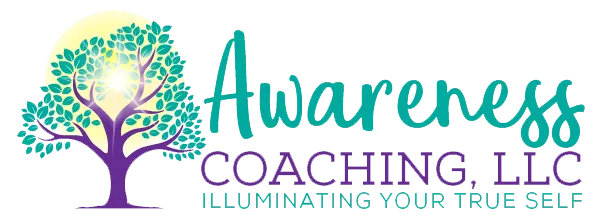Awareness Coaching LLC - Providing Transformation and Success Coaching in Doylestown, PA and Online
Coaching for Children & Teens

As a counselor and coach I see many highly sensitive children and teens. Some of the children who are diagnosed with generalized anxiety, school phobia, ADHD and Autism are really highly sensitive. Finding out about highly sensitive and empath traits is so important because once a person understands their underlying temperament they can make changes that take away some of the symptoms that may be presenting as these other diagnoses.
If you are wondering if your child is HSP or an Empath,
check out the FAQ page. Subscribe and download the self-care workbook for children and adults who identify as HSP or Empath.
I have seen sensitive and empath children learn the skills to deal with sensations that they are experiencing in their body. Hence managing the anxiety better which extinguishes the acting out behaviors. Parents who learn about the traits also have a better time parenting the children with less yelling and more nurturing interactions. Knowledge brings about change in all levels of the family. In addition, teachers start to understand the trait and you can ask for accommodations such as a nurturing teacher who also has great classroom management skills. Because when the classroom is out of control HSP and empath children will be affected by those interactions. I have seen children matched with the wrong personality of a teacher and have a horrible year. The schools won’t always work with you but a lot of times they will hear you and try to accommodate what the child needs. Schools are a hard place for these children to navigate because there is so much overstimulation with the lights, sound and energy of many children at once, the rigidity in rules, and the lack of movement throughout the day which creates stagnant energy in the body.
Have you ever thought my child seems more sensitive than other children?
Or they are so picky?
Why can’t they go with the flow?
Then read on to understand them a little better. Imagine you are a child with a sensitive nervous system. They can pick up changes in energy in the room, or how someone else is feeling even before they can. Children of all ages who have these skills and have no skills to contain the energy or words to communicate what is going on have a hard time internally and sometimes externally. Sometimes they will shut down and other times they will act out depending on the child. Next the adults who interact with them are confused as to what is going on so they enter the mental health system. Well, not all mental health providers understand this trait either so the child gets treated for all kinds of diagnoses and worse maybe put on some medications. But the child isn’t getting better. Because the diagnosis is wrong. I’m not saying all children who are misdiagnosed have this trait. I’m saying some are being misdiagnosed in the mental health system. As the trait becomes more well known the providers will have the ability to make the right diagnosis.
Do your children listen to outsiders more than you?
Are you concerned about your child fitting in?
Do they seem unable to contain their anxiety?
I have taught many children and teens the skills of understanding their energy system so they know what to do when a symptom arises. They are taught how to tell if an emotion originated within them or they are absorbing someone else’s energy. Once they learn about being Highly Sensitive or an Empath they learn to relax and self soothe. They can also prepare themselves better for various situations they know will trigger their sensitivities such as being in an environment with a lot of people.
If you are curious about the traits of highly sensitive persons and empaths check out the workbook you get after you enter your email on the home page. It has useful exercises to use with children and adults on a daily basis. Once some of these skills are implemented they will start to feel relief and you as the parents will see changes in their behaviors. Try them out and see what works for you or your child. I would love to hear feedback from parents on how the workbook is helping your child.
© COPYRIGHT 2018 ALL RIGHTS RESERVED

© COPYRIGHT 2018 ALL RIGHTS RESERVED, UPDATED 2022
